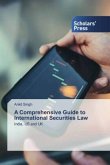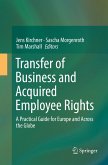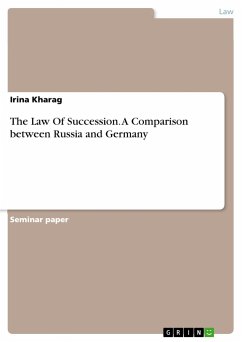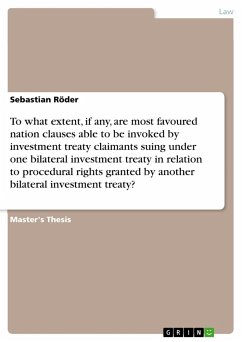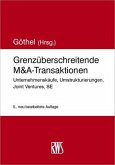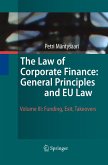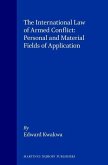Seminar paper from the year 2019 in the subject Law - Comparative Legal Systems, Comparative Law, grade: 15 Punkte, University of Augsburg (Juristische Fakultät), course: Schwerpunktseminar, language: English, abstract: It is said that the Material-Adverse-Change (MAC) clause is one of the the most important contract terms of our time. However, due to an almost total lack of proper case law and overall uncertainty regarding its meaning, it is heavily criticized. This might have changed. In December 2018, the Supreme Court of Delaware in the case of Akorn v. Fresenius backed the termination of a merger agreement by first ever enforcing the MAC clause. Using a comparative law approach, this paper examines the MAC clause with special reference to above mentioned precedent case. Particular focus is on the question of whether the extensive judgment creates a framework for the drafting of the contract provision and therefore serves as a basis to provide certainty for MAC clauses in thefuture.In a next step, MAC clauses in German public takeover offers and resulting drafting differences to the U.S. will be examined.MAC clauses become particularly relevant in times of volatile stock markets. It remains to be seen whether the trend from the U.S. will establish itself in Germany.This paper includes an overview over the current legal status quo in both jurisdictions, an extensive case study and comparison to other relevant cases, and an examination of the structure of a MAC clause with special focus on the "materiality issue". It further examines the implementation of MAC clauses in German takeover offers following the German Takeover Act (WpÜG) and resulting drafting differences.


